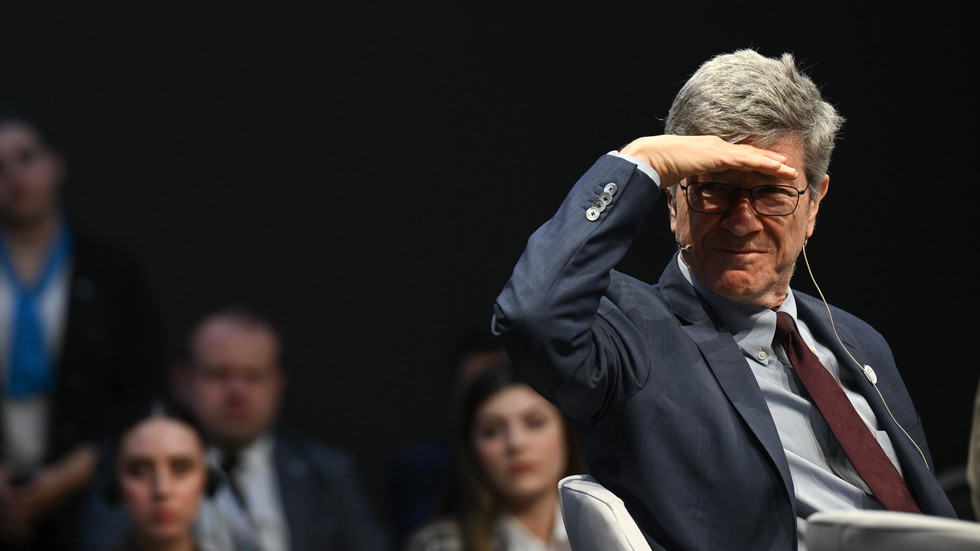"Knowing Elon the way I know him, I do think he’s going to do everything to damage the president."
So declared Elon Musk's former friend and business associate Philip Low, who has known the Tesla and SpaceX tycoon for 14 years, in a recent interview with Politico.
Those remarks seemed to be borne out Monday night when Musk renewed his on-again, off-again feud with Donald Trump by attacking Trump's "Big Beautiful Bill" and threatening to form a new political party.
Trump responded in kind, suggesting he would "take a look" at revoking Musk's citizenship and that he "might have to put DOGE on Elon".
As The Independent reported last month, there are a great many ways that Trump could try to hurt Musk, from targeting his companies with federal investigations to deportation or even criminal investigations.
But Musk is not without cards to play. Through his vast wealth, his business empire, and his ability to martial a zealous online fanbase, he has plenty of ways to make life difficult for his erstwhile "buddy".
So if the world's richest person really wants this fight, what punches could he throw?
A money hose for Trump’s opponents
The first and most obvious weapon in Musk's arsenal is his vast wealth: an estimated $405 billion, according to Forbes.
In the 2024 election, Musk plowed $295 million into supporting Republican candidates, chiefly Trump himself. That's a huge amount in American politics, but it's chump change for today's mega-rich.
For context, across the whole of 2023 and 2024, the total amount of money raised by all presidential candidates was only $2 billion, according to the Federal Election Commission. Congressional candidates raised $3.8 billion, while PACs raised a more respectable $15.7 billion.
Matching those amounts wouldn't be trivial for Elon Musk, because like most of the world's richest people his wealth is tied up in stocks that can't easily be unloaded all at once. Still, based on Wednesday's share prices, he could pay for the entire 2024 election cycle by liquidating just one fifth of his reported $130 billion stake in Tesla.
We have a sense already of how Musk might use this money. "Every member of Congress who campaigned on reducing government spending and then immediately voted for the biggest debt increase in history should hang their head in shame! And they will lose their primary next year if it is the last thing I do on this Earth," he said on Monday.
He's suggested he’d donate to Republican representative Thomas Massie, a persistent critic of Trump's. And there's still another $100 million Musk previously promised Trump that he could decide to withhold.
He could even give money to Democrats, who will likely take it (although Trump has threatened “serious consequences” in that scenario). They are politicians, after all.
Musk's billions could also fund the creation of a new political party. Although the USA's first-past-the-post electoral system means third parties find it almost impossible to get a seat in Congress, they can still leech votes from the mainstream.
That said, Musk's notion that 80 percent of the USA agrees with his opinions seems disconnected from reality. The polling expert Nate Silver puts his net favorability rating at a weighted average of -18 percent, which is considerably worse than Trump himself.
Of course, money isn't everything — as Musk himself found out when his attempt to sway the Wisconsin Supreme Court election in March and April crashed and burned. Luckily for him, it’s not his only asset.
Musk’s cult of personality rivals Trump’s own
Musk's overall popularity may have dropped dramatically since the election. But his pull with Republican voters specifically was still very high as of early June.
That's testament to his ability to build and maintain a fanatical fanbase. Like Trump, he has a knack for inspiring loyalty and whipping up his supporters against new targets, as well as a keen instinct for controversy.
And also like Trump, he doesn't need to be popular with all Americans to cause trouble for his enemies. He only needs enough dedicated partisans on his side.
“Elon has wooed enough of Trump’s supporters to be an actual threat politically,” Musk's old friend Philip Low told Politico. "[Trump] doesn’t realize the battle that he has on his hands."
Musk's ownership of X, formerly Twitter, will help him there. Having already turned the social network into a hub of the MAGA media universe — and reportedly tweaked its algorithms in favor of his own posts — he now has enormous control over the conservative information stream.
Given how many Americans now essentially live in a parallel media universe, maintained by fake news entrepreneurs and skewed social media algorithms, that gives him influence over what Trump's base even believes to be reality.
Granted, Trump remains the unquestioned ruler of the GOP. And when polls pit Musk against Trump directly, Republican voters largely side with the king. Yet Musk's combination of financial and social capital makes him a powerful ally to anyone within the party hoping to chart their own course.
From fiscal hawks opposed to Trump's spending spree to centrists with one eye on their purple state majority, there are plenty of people in Congress who won't always back Trump 100 percent. Musk can boost and sustain them, helping them resist the eye of Sauron effect that Trump has traditionally used to beat his coalition into line.
Musk’s influence crosses countries and industries
Other threats are more esoteric. NASA would be pretty stuck without SpaceX, which currently offers the only reliable way of ferrying astronauts to and from the International Space Station. Musk's satellite business Starlink is relied on by governments and militaries across the world, including some U.S. agencies.
Having helped kickstart China's world-leading electric vehicle industry, he also has a serious fanbase in China — and good relationships with the Chinese Communist Party. "Brother Musk, you’ve got over a billion people on our side backing you," said one user on the Chinese social network Weibo on Wednesday.
Most juicily of all, he has information. Musk spent months at the heart of the Trump administration, attending cabinet meetings and undertaking highly controversial projects. What might he have learned or witnessed during that time that could damage Trump politically?
We got a taste of that when Musk accused Trump of being "in the Epstein files". That's nothing new: we've known since 2015 that Trump was in Jeffrey Epstein's address book (which is not evidence of wrongdoing), and his ties to the child-abusing financier are long documented.
Yet as Trump knows all too well, in today's politics truth has only a passing relevance to how much chaos a lurid allegation can cause.
None of these factors are a slam dunk for Musk. His born-again MAGA conversion has trashed his former reputation as an apolitical business genius, and toxified his image among Democratic voters.
Getting more involved in politics would only prolong investors' disquiet about his ability to focus on running Tesla and SpaceX. Trying to dish dirt on Trump could also tempt revenge in kind, which could be dangerous given the sheer range of allegations about Musk's personal life.
Most of all, to misquote a line from the early 19th century writer Hilaire Belloc that Musk seems to be fond of: whatever happens, Trump has got the nukes, and Musk does not.
Then again, when has the near certainty of adverse consequences ever stopped Elon Musk?

 6 hours ago
5
6 hours ago
5








